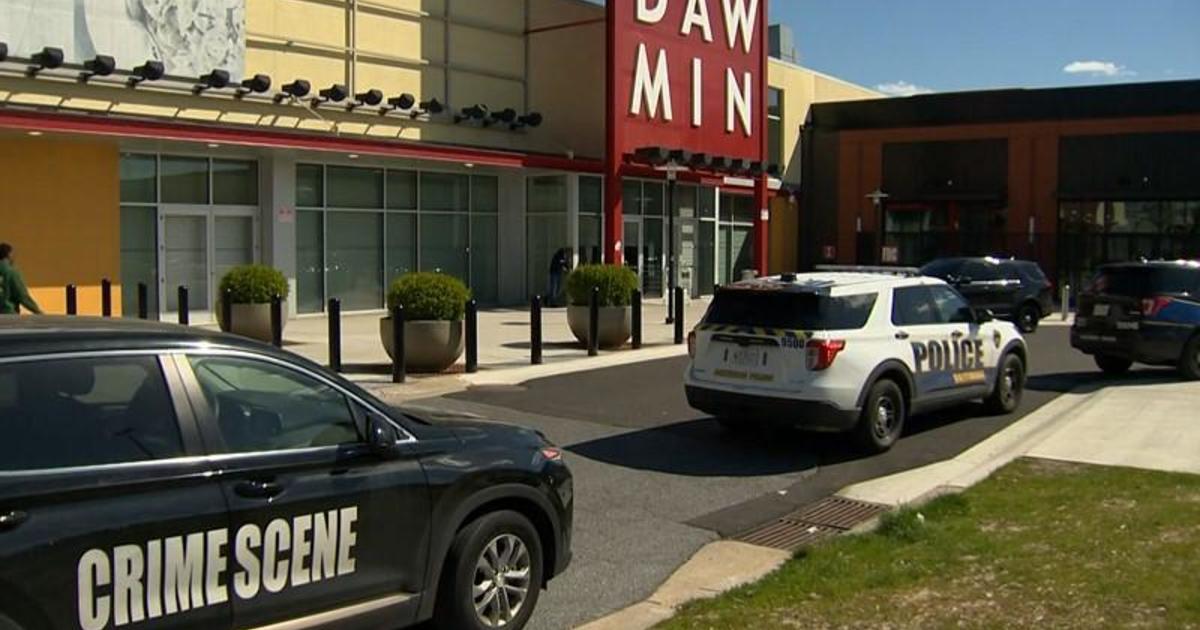Number Of Male Nurses Is On The Rise
By NICHOLAS C. STERN
The Frederick News-Post
FREDERICK, Md. (AP) -- Adam Wiltison worked at a variety of blue-collar jobs to earn his living before he entered the nursing program at Frederick Community College this past year.
Wiltison, 24, was a plumber, a cook and in construction.
Like others seeking the American dream, he figured higher education would help him cross over to middle-class respectability and a stable career.
His mother was a nurse, he said, and nudged him to look into the profession.
Now in his second semester at FCC and a nursing technician at Frederick Memorial Hospital, Wiltison is among a still relatively small but rising cohort of male nurses entering the field across the country.
As tough economic conditions continue, Wiltison said, he expects more men will join him.
"I think men are being welcomed into the field in a way," he said.
Male nurses have not always been so accepted.
According to a recently released U.S. Census Bureau study of men in nursing, male nurses associated with military and religious orders that were common before the 1800s began a decline in the 1900s. The reason: Laws prohibited some from entering the profession, and some nursing schools refused to admit men.
In 1981, the U.S. Supreme Court deemed the prohibition against males entering nursing schools unconstitutional.
Since the 1970s, though, the number of male nurses, while still small in relation to females, has seen a slow and steady rise.
The Census study found the number of male registered nurses grew from 2.7 percent in 1970 to 9.6 percent in 2011. Among licensed practical and licensed vocational nurses, the percentage of men grew from 3.9 percent in 1970 to 8.1 percent in 2011.
Close to 5 percent of the roughly 1,000 registered nurses at Frederick Regional Health System are males, said Cheryl Cioffi, assistant vice president of nursing/patient care services at Frederick Regional Health System. She did not have historical data about the number of male nurses working for the hospital, but said she has noticed more male nurses on staff and applying for positions in the past several years.
"We welcome the diversity that males bring to the nursing workforce," she said.
At Frederick Community College, the proportion of male students in the school's nursing program have ranged between 4 and 13 percent since 2000, with no clear trend in either direction, according to information provided by Vanessa Lovato, director of nursing education at FCC. Since 2008, the proportion of male students has been 5 percent or higher.
Among full-time FCC nursing faculty, there is one male instructor and 10 females, as well as a male simulation lab manager, Lovato said. Part-time nursing faculty includes 37 females and two men.
There are a variety of reasons why men say they enter the field, Lovato said.
Many say they were exposed to the profession as a child, she said.
Nursing has become more technical, and male nurses tend to flock to this aspect of the job in areas such as intensive care units, Lovato said.
Nursing also offers relatively good pay, job security and a variety of career opportunities and specialties within the field to which men can aspire, she said.
More male nurses will likely help fill increasing demand in the field, Lovato said. Experienced nurses who stayed on or returned to their jobs during the economic crisis are anticipated to start retiring in the next five years.
In general, few males in the profession seem to be interested in areas such as pediatrics or obstetrics, Lovato said.
Despite the growth in numbers, a few stigmas about male nurses persist, Lovato said. Notions remain that male nurses are homosexual, that they're only interested in making money or are picked by employers for their strength, she said.
"But as we see more male nurses, I think the stereotypes are going away," she said. As more role models step into the profession, those stigmas will further erode.
Michael McLane Jr. is a nursing manager at Frederick Memorial Hospital who started his career in 2000. He said when he sees a patient for the first time, people often assume he's a doctor.
On occasion, particularly among younger patients, some simply refuse to be treated by a male nurse.
McLane said he began his nursing career in the military, working at Walter Reed Army Medical Center. In the Army, being a male nurse was not uncommon, and he wasn't treated differently until he switched to the civilian sector, he said. A 2010 Scrubs magazine article states about a third of all nurses in the U.S. military are men.
Some patients, at least initially, just have a harder time accepting males as nurses, he said.
Allan Salita is a 2011 graduate from the FCC nursing program who works at Frederick Memorial. He said when he was younger that he had aspirations of being a doctor. But after careful consideration, he believed working as a nurse would afford him a rewarding job with a better quality of life.
It was challenging at times being a male nursing student, he said.
People questioned why he was in the program. Some people thought he only wanted to be a nurse for the money. But the challenges only forced him to work harder to prove his dedication to the field, he said.
"It actually made me a better nurse," Salita said.
McLane and Salita said they've noticed male nurses also tend to bring a positive sense of teamwork to the job.
"It's calm," Salita said when he and male nurse colleagues work a shift together. "You can feel your coworkers have more of a team concept."
McLane said, above all, nursing is a physically and emotionally draining job suited best for those dedicated to taking care of people at their most vulnerable.
"Who can do the job best, that's what it's about," he said.
And Lovato and McLane said as more young boys grow up watching their fathers or other role models take to the profession, the growth trend will likely continue.
"It's offered me the ability to do so many things with one degree," McLane said.
(Copyright 2013 by The Associated Press. All Rights Reserved.)



